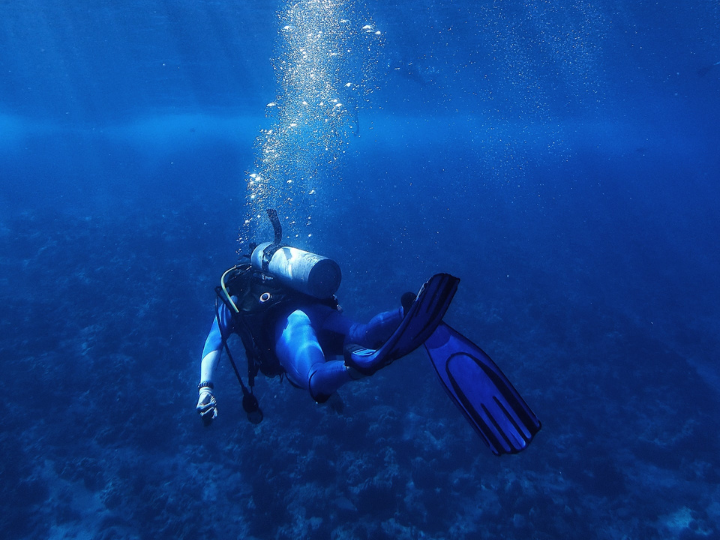by Michael Taylor*
Most countries have yet to make much progress on greening their COVID-19 stimulus packages - but World Bank researchers say investing in eco-tourism and nature conservation could play a pivotal role in turning stuttering economies around.
For every dollar governments invested in protected areas and support for nature-based tourism in 2019, the economic rate of return was at least six times the original investment, says a World Bank report published this week.
The report focuses on four countries, including Brazil’s Abrolhos Marine Park where visitors can go free-diving, Chitwan National Park in Nepal which offers hiking and wildlife trips, and safari destination South Luangwa National Park in Zambia.
The rates of return at these nature tourism hotspots ranged from six to 28 times the amounts spent in 2019 on things like roads, trails and visitor centres and wages for park managers and rangers to protect against poachers.
Given these economic benefits, researchers say pandemic recovery plans should promote green tourism, which creates local jobs, improves incomes and helps protect biodiversity.
"The evidence we were finding ... shows that investing in protected areas and promoting sustainable tourism (in those areas) is a good economic recovery strategy," Urvashi Narain, the bank’s lead environmental economist and report co-author, told the Thomson Reuters Foundation.
Here are some key takeaways from the report:
Why don’t more countries see the importance of nature to their economies?
Better conservation and sustainable management of natural areas, such as parks, oceans, forests and wildernesses, are increasingly seen as a vital tool for nations to safeguard plants, animals and habitats, and meet targets to reduce planet-heating emissions
But many governments see funding conservation and biodiversity protection as a luxury - or fear it could threaten economies that depend heavily on natural resources. So some opt to just set aside protected areas without any real investment.
Countries are also held back from reaping the opportunities from investing in nature and eco-tourism by a lack of data.
With travel restrictions in many countries, why would anyone invest in tourism now?
Before the pandemic, there were more than 8 billion visits a year to marine and land protected areas, providing a vital source of income for communities who rely on tourism, says Karin Kemper, global director for environment at the World Bank.
By investing now, governments can create short-term jobs for laid-off tourism workers in restoring or building infrastructure in protected areas, in preparation for when visitors return.
And when tourists spend time in a natural area, their money goes beyond entry fees, flowing into hotels, souvenir shops, transport, restaurants and a range of outdoor activities, creating jobs and prosperity across the local economy.
What’s the best approach for countries to invest in conservation and nature tourism?
Authorities should first formalise protected areas because without this, investment levels will stay low and it is hard to force businesses to respect higher environmental standards.
Investment from both government and private sources should then support things like paying guards or rangers to stop encroachment, creating infrastructure such as access roads, trails and visitors centres, and training guides so that visitors can learn more about the nature they are seeing.
Often managers of conservation areas are good at wildlife protection but lack the skills to bring in more visitors and make the area accessible and enjoyable.
Who will invest in and benefit from nature tourism?
The government’s job is to set and enforce policy and regulation to ensure a natural area is protected, but attracting commercial investment is also important, the World Bank says.
Businesses can create jobs and provide quality services, like lodgings and restaurants, that will bring in more visitors.
Sharing the benefits is key. Areas of natural beauty should not be limited to rich tourists who only stay in expensive hotels and have no opportunity to meet the local community, the bank says.
Tourism revenue must be shared with indigenous groups and other local people, who should be able to supply goods to hotels and businesses, such as handicrafts or foods, it adds.
And if those communities suffer losses due to areas being designated as protected, including crop damage from wildlife, they should be compensated from tourist profits, it recommends.
*Asia correspondent and sub-editor, Thomson Reuters Foundation
**first published in: www.weforum.org




 By: N. Peter Kramer
By: N. Peter Kramer
